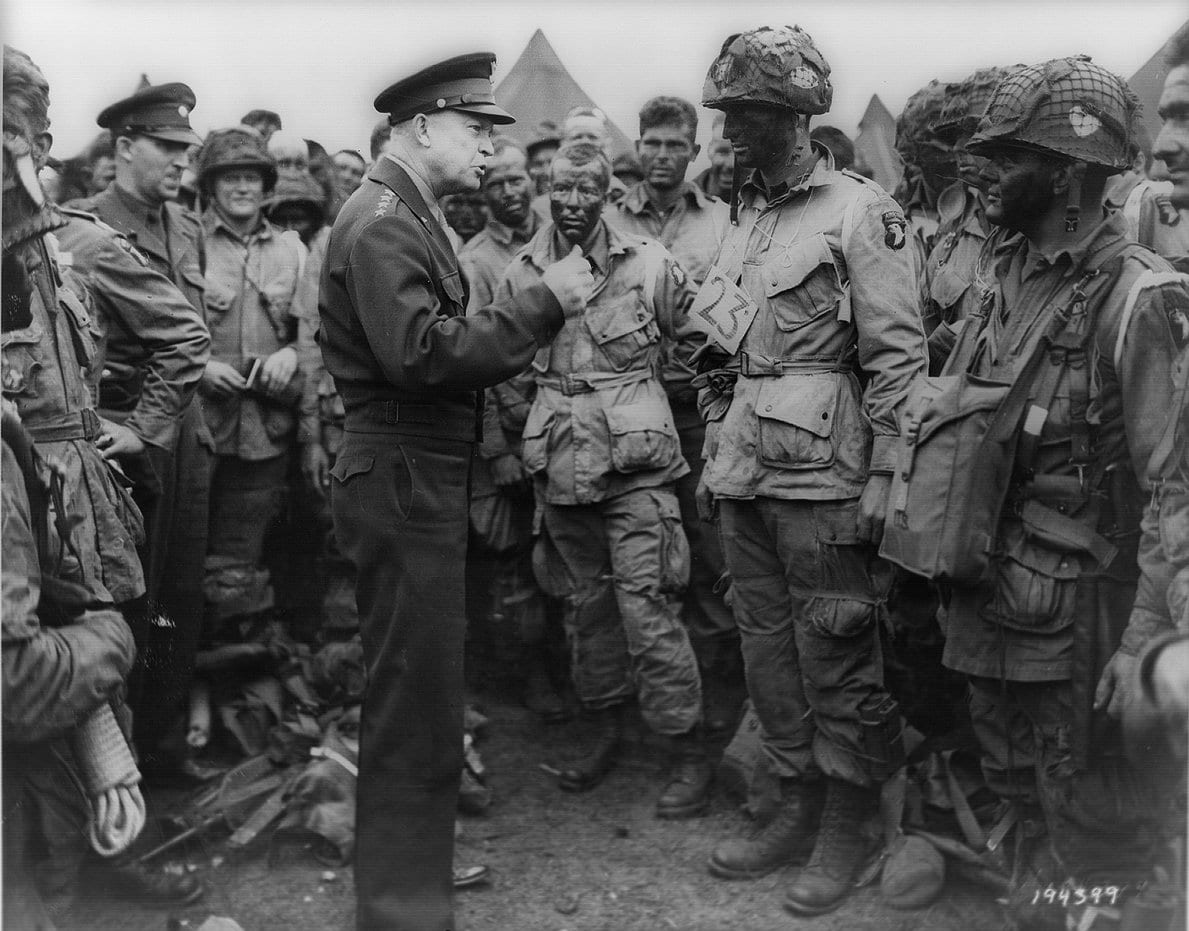Thomas M. Leonard
Abstract: As the world currently experiences rapid transformation, one factor appears most obvious: the United States no longer holds dominating influence over the foreign policies of most free world nations. With examples such as the Vietnam War, the rise of European nationalism, Red China’s admission into the United Nations, and the symbolic nature of Soviet leaders’ trips to “western” states, it is clear that Washington does not hold as much sway as it once did. The diplomacy of World War II has become the starting point for the rise and fall of United States world leadership. Recent scholars such as George N. Crocker, Herbert Feis, Gaddis Smith, and Gabriel Kolko have looked upon the United States in the aftermath of World War II as imperialistic, because of the influence of the Vietnam War. Each of these writers offers a different perspective on the nature of the United States’ diplomacy, and examines factors such as the relationship between Roosevelt, Churchill, and Stalin, as well as the overall foreign policy of the era.
Key Words: United States, China, Russia, Vietnam, Europe, United Nations, Great Britain,
Previous Article / Next Article




You must be logged in to post a comment.